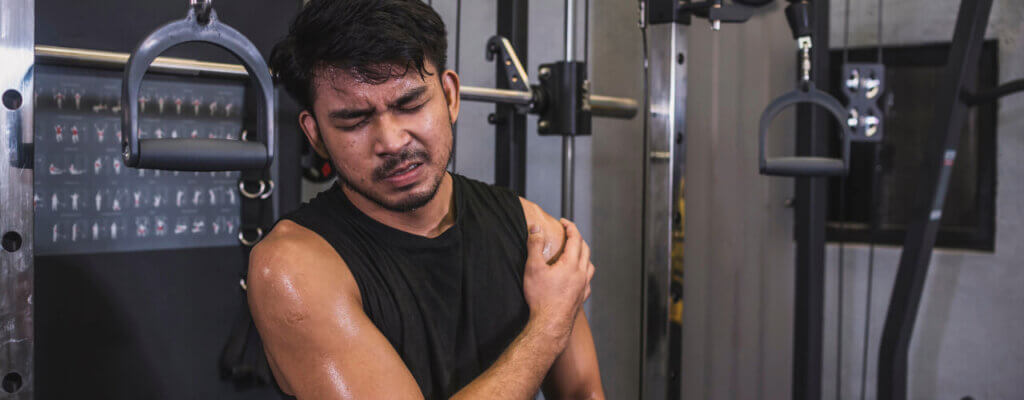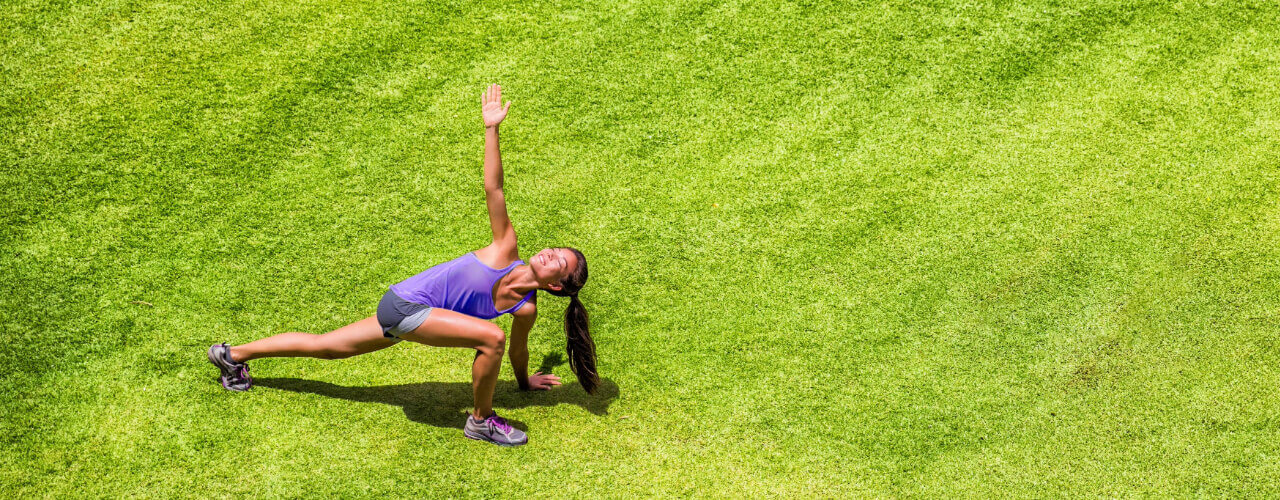Rotator cuff injuries, which affect nearly 2 million people in the United States every year, can cause significant discomfort and limit your ability to perform everyday activities. These injuries, which range from mild strains to severe tears, often result in pain, weakness, and restricted shoulder movement. When dealing with shoulder pain from a rotator cuff injury, knowing the right rotator cuff Injury recovery tips can make all the difference. Fortunately, physical therapy is crucial in managing and recovering from rotator cuff injuries by helping patients restore strength, mobility, and function.
What is a Rotator Cuff Injury?
The rotator cuff is a group of four muscles and tendons that stabilize the shoulder joint and enable a wide range of arm movements. When these tendons or muscles are irritated, inflamed, or torn, it results in a rotator cuff injury, leading to pain and reduced shoulder function.
Common symptoms of a rotator cuff injury include shoulder pain, especially when lifting the arm or reaching behind the back, shoulder weakness, and limited range of motion. Some people may also notice a cracking or popping sound when moving the shoulder. By learning the right rotator cuff injury recovery tips, you can better manage symptoms and prevent further damage.
Causes of Rotator Cuff Injuries:
Overuse
- Repetitive overhead activities, such as those in sports like swimming or tennis, can strain the rotator cuff muscles and lead to injury.
Aging
- The natural wear and tear of tendons with age makes older adults more prone to rotator cuff tears.
Trauma
- Sudden injuries, such as falling on an outstretched arm, can cause acute tears in the rotator cuff.
Poor Posture
- Chronic poor posture, such as slouching, can put undue stress on the rotator cuff, leading to injury over time.
How Physical Therapy Can Help with Rotator Cuff Injury Recovery
Effective rotator cuff injury recovery often involves physical therapy, a non-invasive treatment option that can significantly enhance recovery outcomes.
Physical Therapy Techniques
Manual Therapy
- Techniques like joint mobilization and soft tissue manipulation help to reduce pain, improve circulation, and increase the range of motion in the shoulder.
Therapeutic Exercises
- Customized strengthening and stretching exercises target the rotator cuff and surrounding muscles, promoting healing and preventing future injuries. These exercises progressively adjust as your recovery advances.
Modalities
- Physical therapists may use ultrasound, heat, or cold therapy to alleviate inflammation and promote healing in the affected area.
Education and Prevention
- Learning proper shoulder mechanics and posture helps to avoid re-injury and ensure long-term shoulder health.
Take the Next Step in Your Recovery Journey
If you’re experiencing symptoms of a rotator cuff injury, don’t hesitate to seek professional help. Early intervention through physical therapy can significantly impact your recovery, helping you regain strength, function, and a pain-free life. Our skilled team is here to guide you through every step of your recovery journey.
Call our team at Lewy Physical Therapy in Baton Rouge, LA, and Denham Springs, LA today to discover more effective rotator cuff injury recovery tips!
Tags: Physical Therapy, Shoulder Pain Relief, Rotator cuff injury




